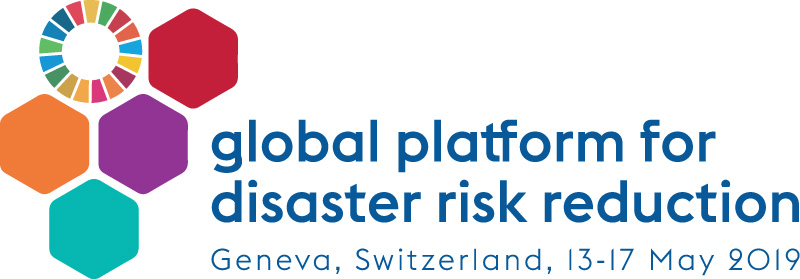Unlocking the Resilience Dividend
- Organizer(s)
- UNDRR
- Contact
- Irina (zodrow@un.org); Rosalind (rosalind.cook@un.org)
The session focused on the resilience dividend and unlocking the co-benefits in DRR action. Achieving the Sendai Framework targets requires DRR investments to become an integral element of development, poverty alleviation, fiscal stability and sustainable economic growth. There is a growing realization within all spheres, including the environment, financial and private sector about hidden business risks and related dividends of resilience. Yet, progress is still lagging to make this a reality, and the majority of investments continue to be risk blind. Driven by increasing demands for more moral and sustainable business behaviours, a new agenda with innovative and action-oriented engagement is emerging. This session focused on the latest developments on the resilience dividend, including in sustainable finance and development financing. It deep dives into concrete opportunities in selected sectors to unlock and promote the economic, social and environmental benefits of disaster risk reduction.
Moderator:
Emily Wilkinson, Senior Research Fellow and NERC Knowledge Exchange Fellow Risk and Resilience Overseas Development Institute
Speakers:
July Moyo, Minister of Local Government, Public Works and National Housing, Zimbabwe
Bärbel Kofler, Federal Government Commissioner for Humanitarian Assistance and Human Rights Policy, Germany
Wang Yingzi, Deputy Director-General, Department of Engineering Quality and Safety Supervision, Ministry of Housing and Urban-Rural Development, P.R. China
Shaun Tarbuck, CEO International Mutual Insurance Association (ICMIF)
Kate Levick, CEO Third Generation Environmentalism
Alex Mung, Associate Director, Head of Water Initiative, World Economic Forum
-
PDF, 197.48 KB
